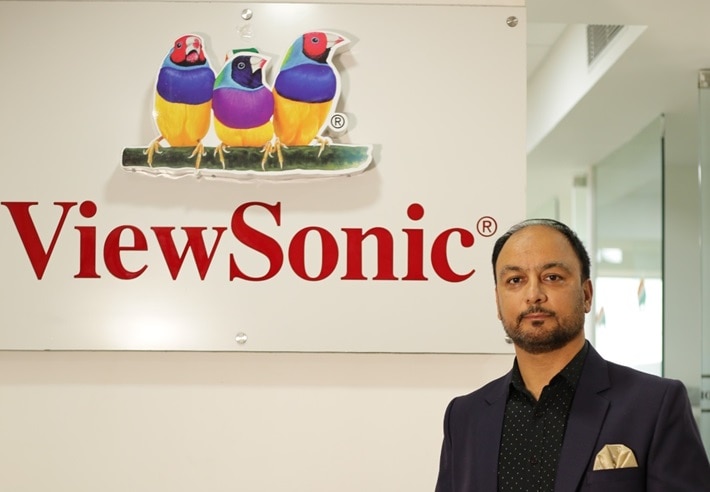Meta under fire after report claims $16 Billion revenue from fraudulent ads across facebook and instagram
Meta Platforms faces allegations of earning $16 billion from fraudulent and scam-related ads, raising global concerns over ad safety, platform accountability, and transparency in digital advertising practices.

The allegations center on internal company documents suggesting that Meta originally estimated that about 10.1 % of its 2024 ad revenue would come from ads it now views as fraudulent. That would be $16 billion.
Ads now labeled as scams allegedly included fake e-commerce storefronts, illegal online casinos, investment-fraud ads, and banned medical products.
One internal presentation reportedly showed Meta serving about 15 billion “higher risk” scam ads per day across its platforms.
In a May 2025 internal safety review, Meta employees reportedly found that its apps hosted one-third of all successful scams in the US, and even acknowledged that rivals were outperforming Meta in fighting fraud.
Meta’s response & Implications for Stakeholders
Meta has pushed back on the report, with a spokesman describing the findings as a “selective view that distorts Meta’s approach to fraud and scams.”
If these claims are real, they could cause big problems for everyone: the people who make rules, the companies that advertise, and us, the consumers.
Advertisers might lose money and trust if social media sites don’t fight against fake activity. And for us regular users, it means we’re more likely to run into scams, especially when these big websites are involved.
The significance of Meta’s ad revenue & Safety Practices for the Tech Industry
The episode highlights a critical tension within the digital advertising industry between growth objectives and trust/safety responsibilities. Documents suggest Meta had been aggressively cutting back on its brand-safety and ad-safety teams as it pursued new business frontiers around AI, VR, and other tech, raising questions of how much prioritization occurred at the expense of basic safety concerns.
Documents also show how platforms can inadvertently or otherwise benefit financially from sketchy ad traffic as Meta only banned many suspect advertisers once internal systems estimated a 95% probability that ads were fraudulent, highlighting how conservative thresholds may allow scam ads to slip through.
Implications for the future
Lawmakers, who are already looking at how to regulate the tech industry, could ramp up scrutiny of Meta’s ad practices as leaders around the world have increasingly called for more oversight of the platforms. Advertisers are also likely to demand more transparency regarding ad-fraud risk while platforms may be on notice to increase safety investments. It’s more important than ever for people to be careful and doubt offers that seem too good to be true, or any ads that ask them to click.
The Meta case illustrates how, at a time when every click is revenue, accountability for digital advertising is not only the responsibility of platforms but of the entire ecosystem that incentivizes and propagates digital ads.
What's Your Reaction?




















































